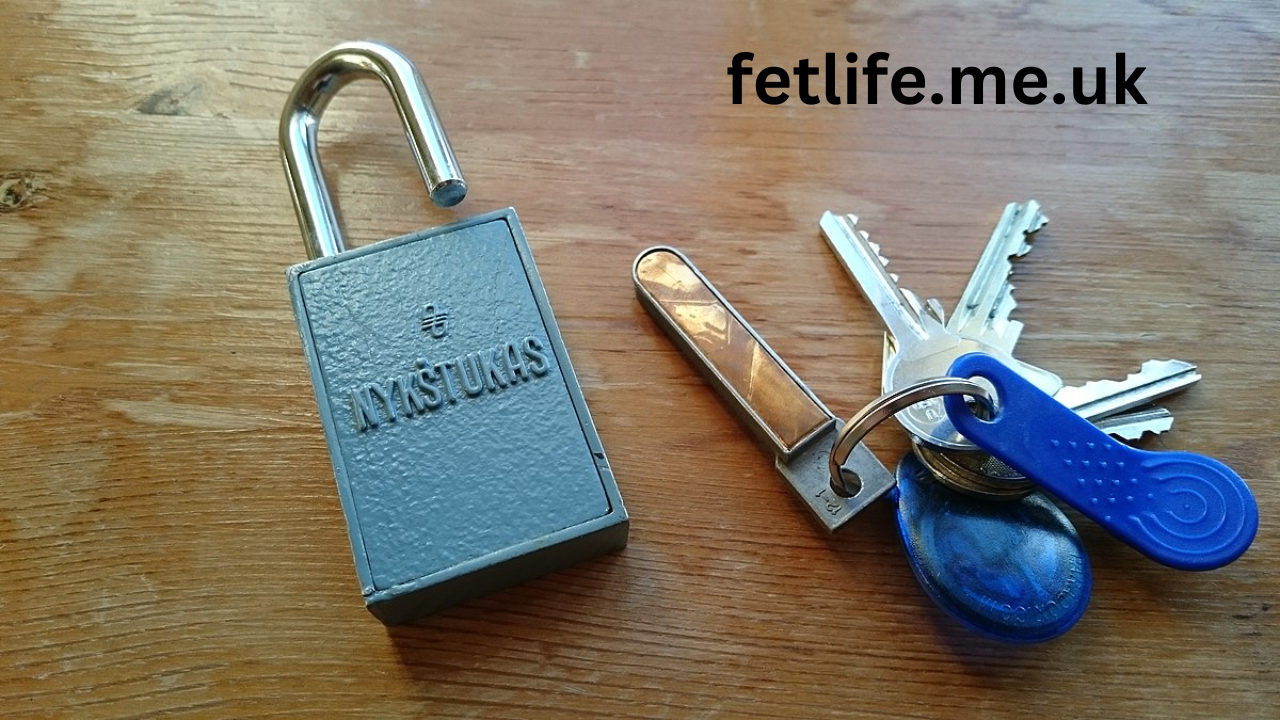The Orlando shooting of 2016 was a devastating and traumatic event that not only shook the city of Orlando, Florida, but also reverberated throughout the United States and the world. On June 12, 2016, a man named Omar Mateen opened fire inside the Pulse nightclub, a popular LGBTQ+ venue in downtown Orlando. The mass shooting that followed remains one of the deadliest in U.S. history, leaving a profound impact on the LGBTQ+ community, the nation’s discussions on gun control, and the broader conversation on terrorism and hate crimes. This tragic event, its causes, consequences, and aftermath, remain an important topic in the ongoing debate surrounding violence, safety, and rights in America.
The Pulse Nightclub and the LGBTQ+ Community orlando shooting
Before the tragic events of June 12, Pulse nightclub was a vibrant and beloved establishment in Orlando, especially for the local LGBTQ+ community. Pulse was more than just a nightclub; it was a safe haven for those who sought freedom to express themselves and live without fear of judgment. It was known for its inclusivity and hosted a variety of themed nights, often attracting both locals and tourists from around the country and abroad. The venue’s reputation for being a space where people could be unapologetically themselves was integral to its identity within the LGBTQ+ scene in orlando shooting.
On the fateful night, Pulse was holding a Latin Night event, which was one of its most popular weekly gatherings. The atmosphere was festive, with people dancing, socializing, and enjoying music. The crowd, comprised largely of young people, was having a good time without anticipating the terror that was about to unfold. The attack targeted this vulnerable community, and it would forever change how the LGBTQ+ community, particularly in Orlando, viewed their safety in public spaces.
The Shooter: Omar Mateen
Omar Mateen, the man responsible for the horrific attack at Pulse, was born in New York City in 1986. He was the son of Afghan immigrants and had grown up in a middle-class neighborhood. While he was reported to be a somewhat troubled individual, he had no criminal record before the shooting and was not on the radar of law enforcement for any extremist activity prior to his attack.
Mateen had worked as a security guard for G4S, a private security company, and had received training in firearm use. While he was not an active member of any recognized extremist group, during the course of the attack, Mateen made a series of statements that linked him to the terrorist organization ISIS. He reportedly called 911 during the shooting and pledged allegiance to ISIS leader Abu Bakr al-Baghdadi, while also referencing the Boston Marathon bombers and his admiration for jihadists.
There has been ongoing speculation about Mateen’s motivations and whether he acted out of religious extremism, personal grievances, or even internalized struggles with his own identity. Some reports suggest that Mateen may have been grappling with his own latent homosexuality, possibly adding a layer of complexity to the motivations behind the attack. Despite his claims to be aligned with ISIS, no clear evidence has definitively tied Mateen to the terrorist group. Many believe that his actions may have been more inspired by a mix of ideological extremism, personal alienation, and hatred of the LGBTQ+ community.
The Attack: A Night of Terror orlando shooting
The attack began in the early hours of Sunday, June 12, at approximately 2:00 a.m., when Mateen arrived at Pulse. He was carrying an AR-15 style assault rifle, a 9mm handgun, and several rounds of ammunition. Mateen, after entering the club, immediately began firing at patrons. The nightclub’s security cameras captured him walking through the club, methodically shooting at people, and at one point, taking hostages.
The atmosphere in the club quickly turned from one of joy to panic, as clubgoers attempted to flee, hide, or call for help. Mateen, after initially attacking, engaged in a standoff with police officers, who were called to the scene shortly after the shooting began. During the course of the standoff, Mateen continued to fire at officers and hostages. While some survivors managed to escape the building, many others were trapped inside, enduring a terrifying and confusing ordeal.
Previous article; Real Steel 2 The Long-Awaited Sequel to the Hit Robotic Boxing Film
The police response was swift, and within hours, Orlando police officers launched an assault to end the standoff. By 5:00 a.m., officers had stormed the club, killed Mateen, and rescued the remaining hostages. The entire incident lasted approximately three hours.
The scale of the tragedy was immense. Fifty people, including the shooter, were killed, and 53 others were injured, many critically. The casualties included young people, couples, and friends who had been enjoying a night out. The loss of life was staggering, and it was clear that Pulse nightclub would forever be marked as the site of one of the worst mass shootings in American history.
Aftermath: The Nation’s Response
In the wake of the Orlando shooting, the nation was left in shock and mourning. Many people across the country, from political leaders to everyday citizens, expressed their horror and sympathy for the victims. The attack was widely seen as an act of terror against the LGBTQ+ community, and it led to significant public discussions on a range of issues, including gun control, terrorism, hate crimes, and LGBTQ+ rights.
President Barack Obama addressed the nation shortly after the attack, calling it an act of “hate” and “terror.” He ordered flags to be flown at half-staff and vowed to bring the perpetrators to justice. Leaders from both political parties expressed condolences, but the shooting quickly became a flashpoint for a broader political debate.
One of the most immediate points of contention was gun control. The use of an assault rifle in the attack reignited calls for stricter gun laws, particularly regarding the sale and regulation of military-style firearms. Gun control advocates, including prominent organizations such as the Brady Campaign to Prevent Gun Violence, called for legislative action to prevent such weapons from being easily accessible to civilians. However, the tragedy also sparked opposition from Second Amendment advocates who argued that gun rights should not be infringed upon. The debate over gun control was not new but became even more heated after Orlando, as the U.S. had already experienced a number of mass shootings in recent years.
The LGBTQ+ community, particularly in orlando shooting, was deeply affected by the shooting. Pulse nightclub had long been a symbol of LGBTQ+ safety and pride, and the shooting highlighted the vulnerability that LGBTQ+ individuals face in public spaces. Many members of the community reported feeling a heightened sense of fear and insecurity, with some questioning whether it was safe to be open about their identities in public. The attack raised awareness of the ongoing violence and discrimination faced by LGBTQ+ individuals, particularly in places where they should have felt safe.
In addition to the LGBTQ+ community, many Muslim-American groups and communities were also impacted by the attack. Mateen’s claims of allegiance to ISIS and his use of Islamic rhetoric during the attack brought further scrutiny to Muslim communities across the U.S. Many Muslims expressed their condemnation of Mateen’s actions, stating that he did not represent their beliefs. However, some faced increased discrimination, harassment, and suspicion following the attack.
Long-Term Impact and Lessons Learned
The Orlando shooting left a lasting legacy in several areas, and its effects are still felt today. One of the most significant changes was in the way the nation discussed LGBTQ+ rights and safety. The attack heightened awareness of the vulnerabilities faced by the LGBTQ+ community, particularly in the context of violence and hate crimes. The shooting also spurred greater advocacy for policies that protect LGBTQ+ individuals from discrimination and violence.
For those in the LGBTQ+ community, the attack became a rallying point for greater unity, advocacy, and resilience. It was a reminder of the work that still needed to be done to ensure the safety and equal treatment of LGBTQ+ individuals. The years following the attack saw a continued push for anti-discrimination laws and protections for LGBTQ+ individuals in the workplace, in healthcare, and in housing.
Another important outcome of the shooting was the renewed debate over gun control. Despite the outcry following the attack, comprehensive gun control reforms have faced significant resistance in the U.S. government. However, the tragedy at Pulse added to the mounting body of evidence calling for change in the nation’s gun laws. Although tangible reform has been slow, many states have taken action to tighten regulations at the local level.
Finally, the shooting prompted reflection on the issue of terrorism. While Mateen was not officially part of ISIS, his actions prompted renewed discussions on the influence of extremist ideologies and the ways in which radicalization can manifest. Law enforcement agencies have since worked to improve their ability to identify potential threats and to address radicalization within the U.S. However, the fine line between free speech, religious expression, and the prevention of violent extremism remains a contentious and complex issue.
Conclusion
The Orlando shooting was a harrowing chapter in the history of violence in America. The attack, which targeted the LGBTQ+ community, underscored the vulnerability of marginalized groups and exposed the deep fissures in society related to issues of hate, gun control, and terrorism. The tragic loss of 49 lives and the suffering of the survivors left an indelible mark on the people of Orlando and the nation as a whole.
However, the aftermath of the shooting also served as a reminder of the strength of the LGBTQ+ community and the resilience of people in the face of tragedy. The legacy of Pulse is one of courage, unity, and the continued fight for equality and safety. While the scars of that night will never fully fade, the resolve to honor the victims and to ensure such a tragedy is never repeated remains strong. The events of June 12, 2016, must continue to serve as a call to action for greater empathy, understanding, and change.










